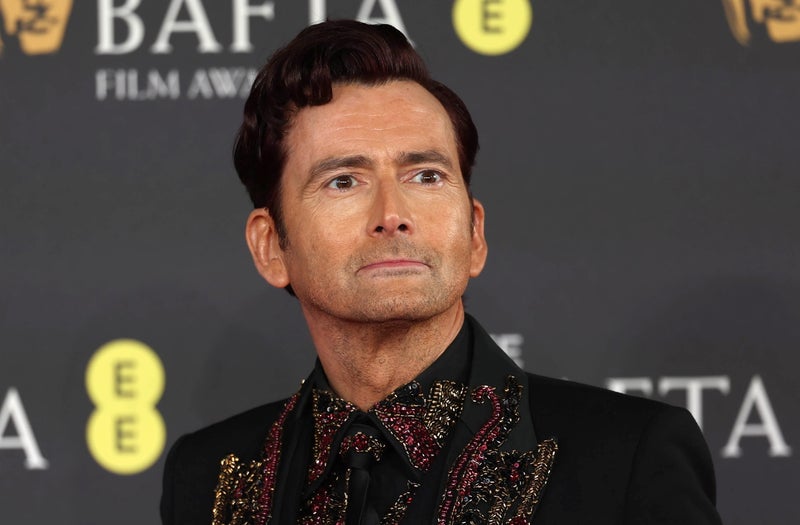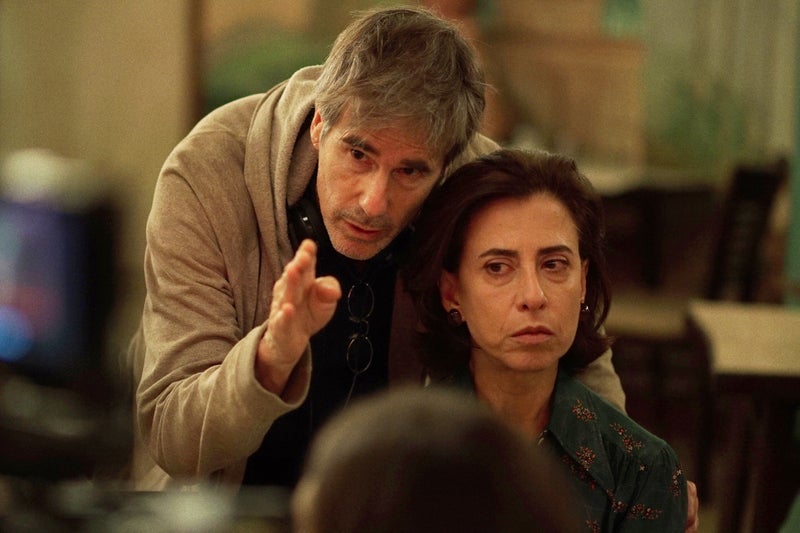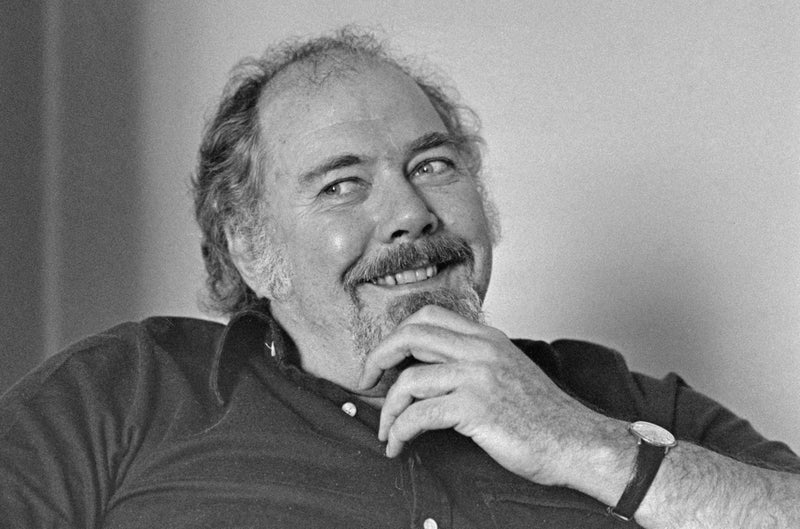This critically acclaimed drama about how spaces can haunt and heal us is the finest work of John Cho, Haley Lu Richardson and director Kogonada’s careers.
Brady Corbet’s Oscar hopeful The Brutalist offers a somewhat skewed depiction of architectural intent, one where public demonstrations of genius and private catharses have an outsized impact on a building’s design. Grand gestures and hidden intentions make for good drama, but physical space in The Brutalist is rendered secondary to psychological space — it’s a film about a great architect, not great architecture. For the latter, one must watch Korean-American director Kogonada’s film Columbus.
Early on in this gentle drama, Jin (John Cho) speaks of renowned architect James Polshek’s belief in architecture as a “healing art” while looking at one of Polshek’s own designs: the glass walkway of the Columbus Regional Mental Health Center. While Jin admires its faintly dilapidated beauty, it is unclear whether he believes that architecture can really heal us. But Kogonada most certainly does: his generosity of spirit and rigorous control of cinematic technique imbue Columbus with a quiet, aching humanity, demonstrating how spaces can haunt and heal us.































